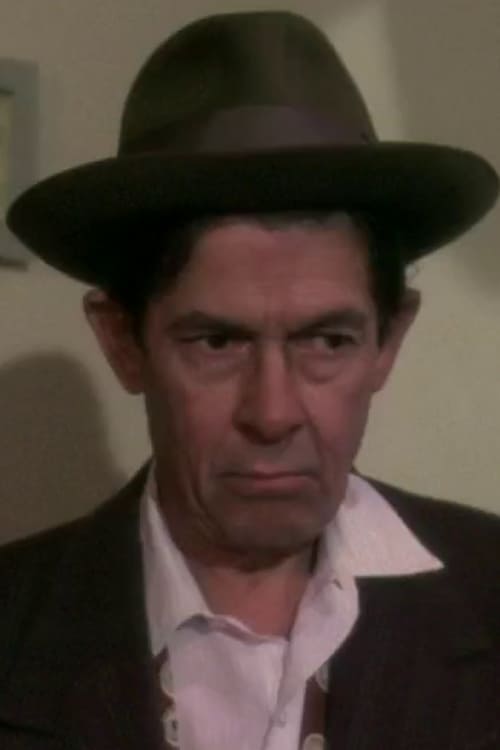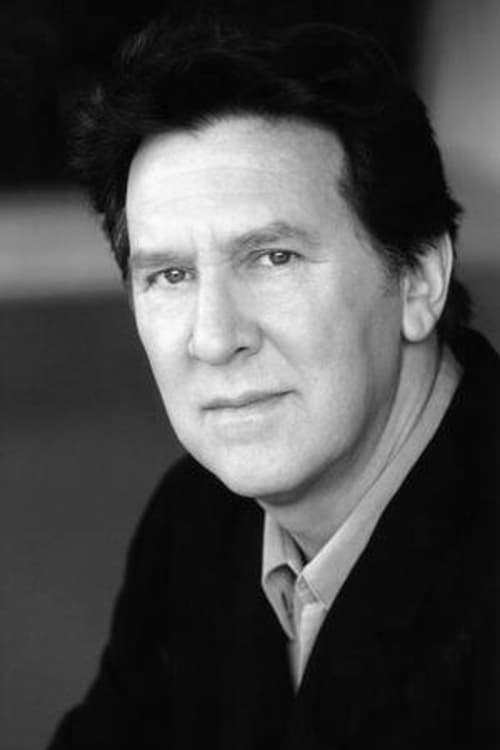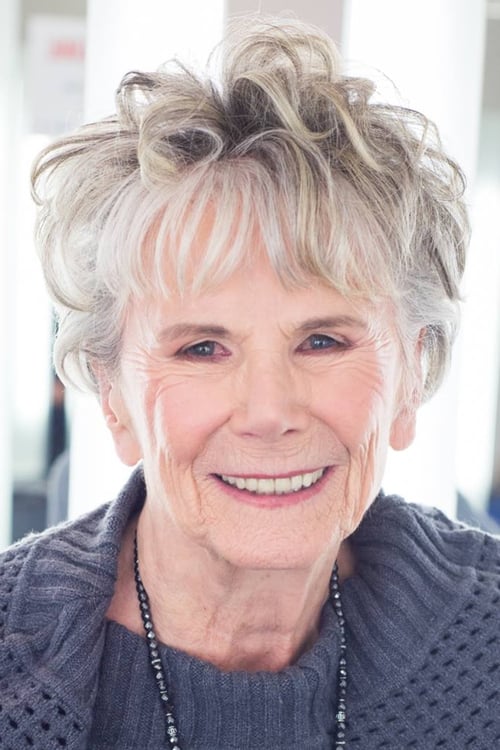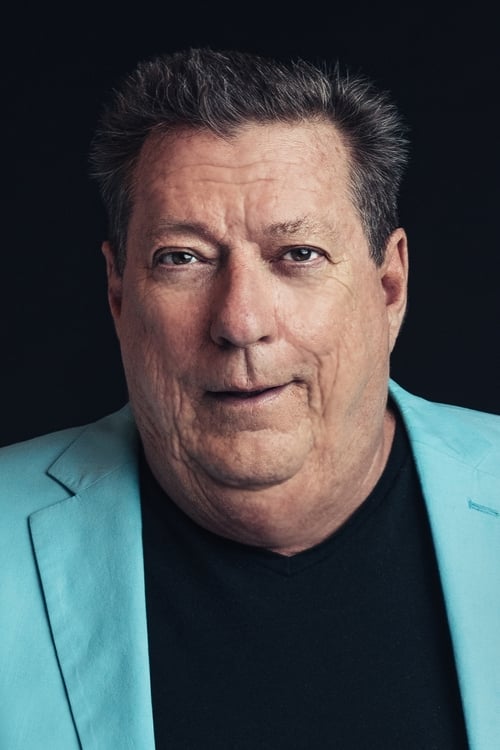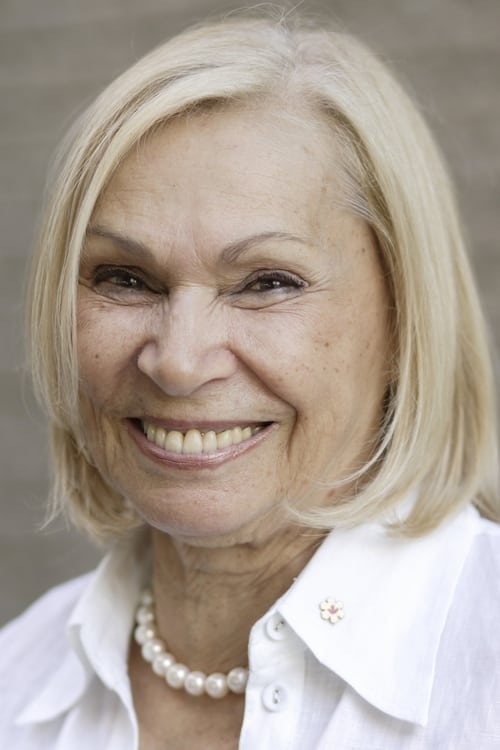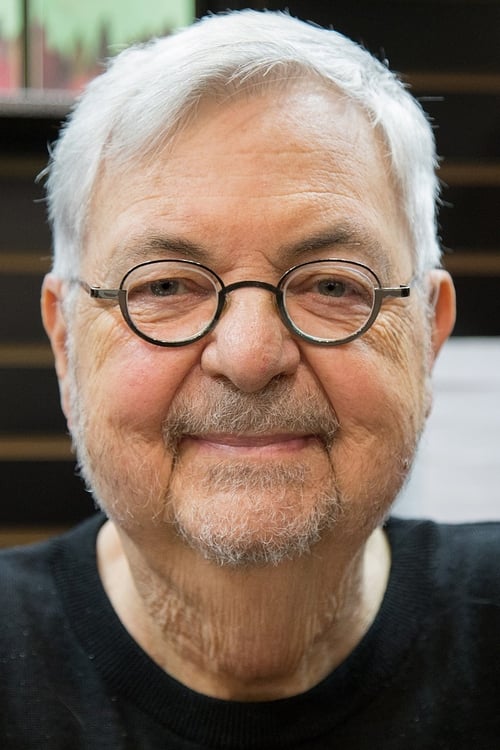Once Upon a Time in the East (1974)
ジャンル : ドラマ, コメディ
上映時間 : 1時間 41分
演出 : André Brassard
シノプシス
Two women and a transvestite gay man cross paths in this French Canadian drama. The transvestite is preparing for a drag-queen beauty pageant, and has decided to present himself as Cleopatra. Of the two women, one was just fired from her waitressing job and seeks to go back to work at the nightclub where the beauty pageant is to be held. The other woman's mother has just won one million food stamps.

An unexpected heroine is plunged into a world of forged identities, corporate intrigue and organized crime.

SUMMIT CIRCLE is the second film (on the heels of THE NOVENA) in director Bernard Emond’s trilogy of tranquility and numbness. In it, Rejeanne and Gilles are a married couple whose devastating setbacks--she is laid off from her job and he suffers a debilitating stroke--only begin to fester in the face of corporate greed and personal struggles when they attempt to start over in a new neighborhood.

A young man feels compelled to travel with his grand-father. Tthe young man wants to find his father who ran away with the corpse of his ex-wife.

This poignant human drama is phrased as a "small sonata" in three movements -- a novel approach by director and writer Micheline Lactôt to tell the story of two teenage girls. In the first movement, Chantal (Pascale Bussieres) rides the same bus every day and slowly develops an infatuation with the bus driver. Their interactions are expressed through gestures and glances and facial expressions, but not words. Just as Chantal is getting old enough, and maybe courageous enough to actually say something to the driver, fate steps in and she loses her chance. In the second movement, Louisette (Marcia Pilote) hides out on a fishing boat and is discovered by a Bulgarian fisherman who treats her with kindness and consideration and they spend a special evening together -- without being able to speak a word in the other's language. In the third movement, Chantal and Louisette become friends, and as kindred spirits they share a sense of loss and hopelessness.

The year is 1952, in Quebec City. Rachel (16), unmarried and pregnant, works in the church. Filled with shame, she unburdens her guilt to a young priest, under the confidentiality of the confessional. In the present year of 1989, Pierre Lamontagne has returned to Quebec to attend his father's funeral. He meets up with his adopted brother, Marc, who has begun questioning his identity and has embarked on a quest for his roots that would lead them to the Quebec of the 1950s. Past and present converge in a complex web of intrigue where the answer to the mystery lies.

In 1952, an Inuit hunter named Tivii with tuberculosis leaves his northern home and family to go recuperate at a sanatorium in Quebec City. Uprooted, far from his loved ones, unable to speak French and faced with a completely alien world, he becomes despondent. When he refuses to eat and expresses a wish to die, his nurse, Carole, comes to the realization that Tivii's illness is not the most serious threat to his well-being. She arranges to have a young orphan, Kaki, transferred to the institution. The boy is also sick, but has experience with both worlds and speaks both languages. By sharing his culture with Kaki and opening it up to others, Tivii rediscovers his pride and energy. Ultimately he also rediscovers hope through a plan to adopt Kaki, bring him home and make him part of his family
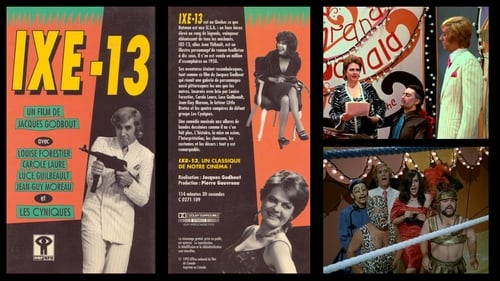
Canuxploitation musical spy comedy.

Benoit and Maryse are a brother and sister leading seemingly normal lives. Everything is changed by a series of coincidences and the arrival of a man claiming to come from the future.
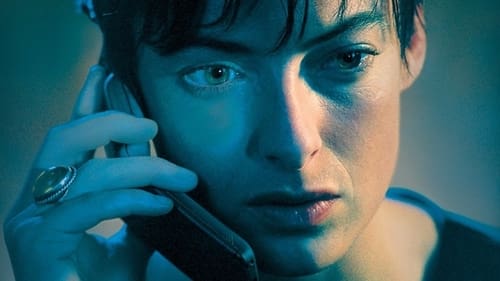
In this French Canadian drama, the life of a paraplegic painter implodes when an old girlfriend comes back into his life and accuses him of raping her 15 years earlier.

An emotionally immature underwater photographer returns home to an affair with his best friend's deaf girlfriend and unresolved issues with the wife he left six months before.

Christophe agrees to be filmed by his roommate Stéphane, while he is searching for a meaningful engineering job. Since he voluntarily resigned his job when he was to be moved to quality control, he does not get unemployment benefits, and goes to classes on how to contest the decision.

With the villagers of Saint-Élie-de-Caxton barely having enough food to survive, Ésimésac convinces them to collaborate on a community garden. Each person will multiply his or her yield by cultivating the land together. At the same time, talk of a new railway line promises to connect Saint-Élie-de-Caxton to the rest of the world and brings the hope of abundance. Riopel, the hulking blacksmith, starts working on the railway track and convinces the locals to invest in his project rather than waste their time playing in the garden. Ésimésac’s big project flounders under the weight of metal. But can he really stop progress?
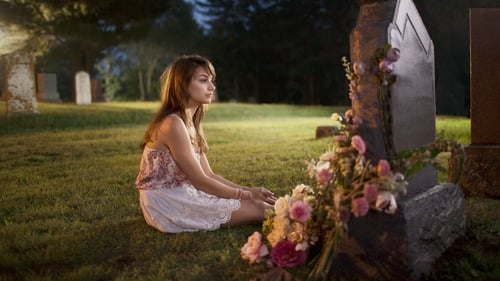
Long-time friends Yan, Simon, Roxanne, Maxime and his sister Lily are in their early 20s, the age when anything is possible. They are just embarking on their careers. Then one fine summer day, Yan is involved in a fatal car accident. The young man is killed instantly and the rest of the gang is thrown into turmoil.
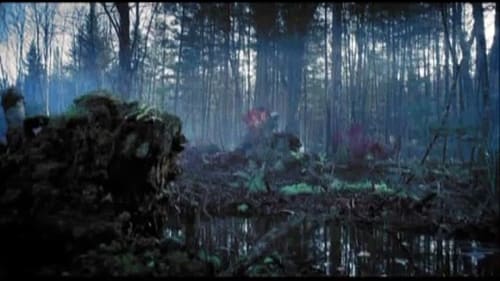
Two social outcasts in 19th century Eastern Europe, Alexandre and Ulysse, become friends and settle down to live alone on the edge of a marsh that is reputedly haunted by demons, monsters and goblins. These two men have been outcasts all their lives. Alexandre was raised in a nomad family that traveled from town to town, being rejected by the people of his homeland. Due to his physical abnormalities, Ulysse has always been pushed aside ever since his childhood. When a strange murder is committed in a nearby village, the peasants turn their suspicions on Alexandre and Ulysse, because they are different. In the eyes of the villagers, they are demons that must be hunted, burned and killed.

Depuis une sérieuse dispute avec son frère Fred, qui lui servait de modèle, Viviane, photographe professionnelle, a mis en veilleuse ses ambitions artistiques. Or, le hasard lui fait rencontrer Guillaume, un jeune mécanicien dont la photogénie naturelle l'inspire. Réticent, ce dernier se laisse convaincre de poser pour Viviane qui, retrouvant son énergie créatrice, fait de lui le sujet d'un projet d'exposition. Bientôt, l'artiste constate que le jeune homme, qui vit toujours chez ses parents, porte les stigmates d'un douloureuse expérience familiale, qui le rend asocial et autodestructeur. Tout en cherchant à percer le mystère de Guillaume, Viviane tente un rapprochement avec son frère.
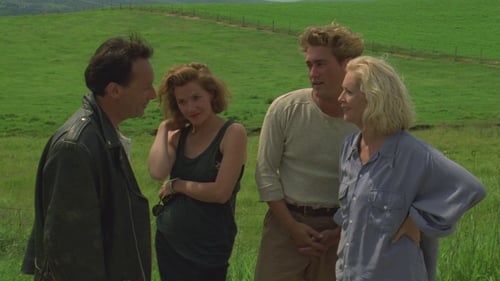
Alex has a deeply troubled mind. He also has a seriously dysfunctional - not to say incestuous - family. Why then, has he returned from his merchant seaman job to the rocky coasts of his home? Perhaps he couldn't cut manage to march in his father's footsteps in that job. His mother doesn't seem to mind, and lets him stay at her bed and breakfast hotel. His sister still seems to have the hots for him, just as she does for his (and her) old boyfriend Jean-Louis, who has just shown up. Even his mother seems to find him sexy. All these people appear eager to get their hands on his body, but he's too wrapped up in what's going on inside his head to notice.

A dropout gets the margins of society and resists his father’s pressure to return to the bosom of the village. The film transcends anecdote by diving into a wacky and unusual universe, full of fantasy, imagination, and visual and sound gags.

As the new millennium approaches, God considers pulling the plug on the planet unless St. John the Baptist finds a reason to spare humanity. John travels to the Newfoundland city that bears his name where he becomes entangled in the lives of talk-show host Marietta, her husband Rick. (Toronto International Film Festival)

Jean-Marc Phaneuf, an unmarried electrical engineer, travels to Burundi as a volunteer for the NGO Radio du Monde. He finds a country ruined by grinding poverty, famine, war, disease and appalling social inequality. At the same time, he meets a joyful, brave people hungry for happiness, knowledge and human dignity. The camera that becomes his personal diary also helps Jean-Marc expose the shaky, ineffective workings of NGOs. His investigations turn up a few praiseworthy examples of international cooperation, but on the whole he finds himself drawn to a terrible, inescapable conclusion: humanitarian aid is a utopian mirage. After falling victim to an attack and losing whatever ideals he still had, Jean-Marc becomes entangled in an impossible relationship. He is ultimately forced to leave Africa in disgrace.

During the long train ride from Montreal to Vancouver, a man and woman find themselves increasingly attracted to each other.







